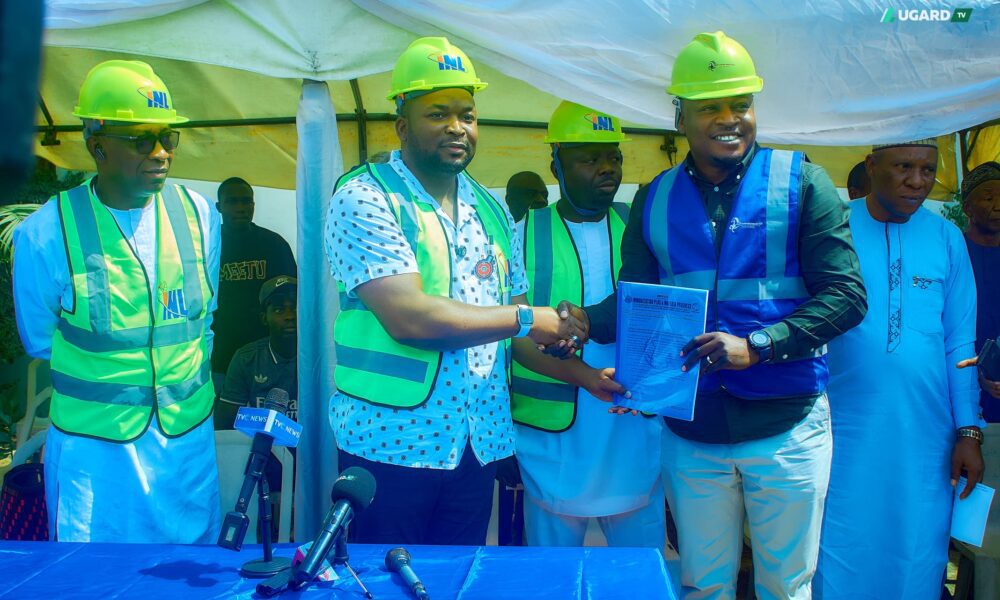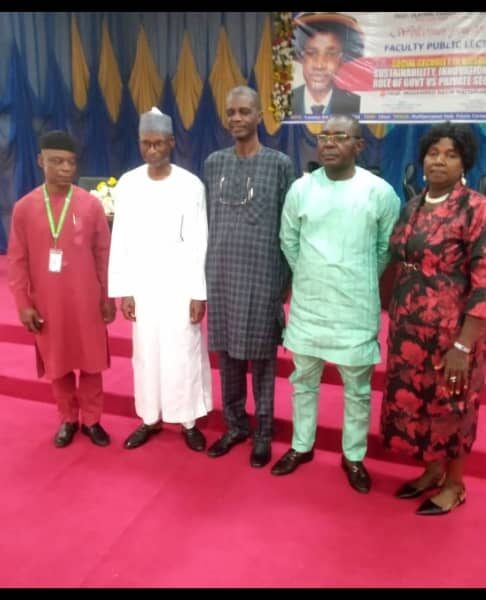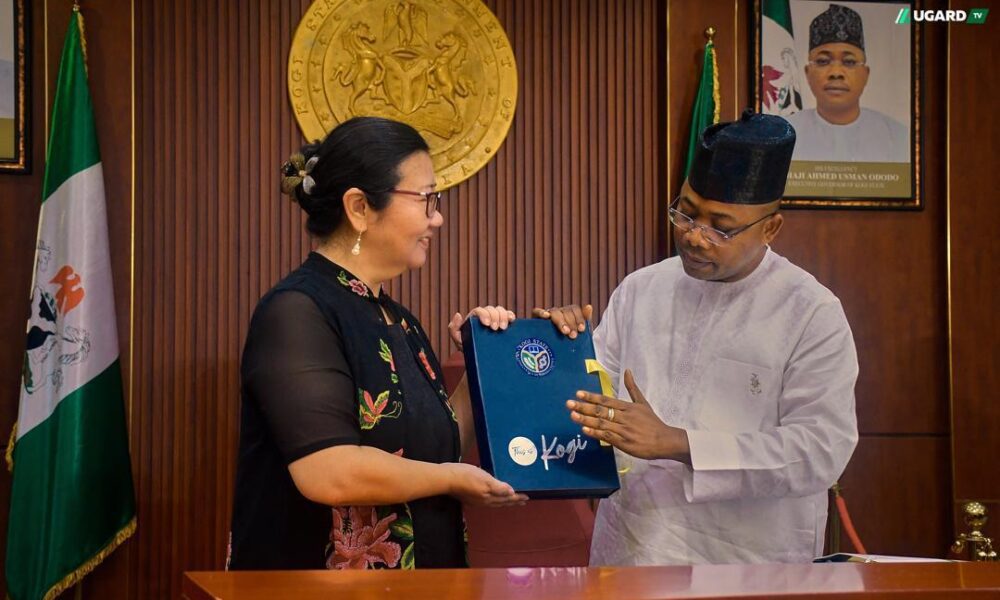Health stakeholders and community leaders have welcomed the Kogi State Government’s decision to allocate over ₦7 billion to revamp 88 additional Primary Healthcare Centres (PHCs) across the state.
The move, announced during a handover ceremony in Felele, Lokoja, marks another significant step toward enhancing healthcare delivery for grassroots communities.

Governor Ahmed Usman Ododo, represented by the State Commissioner for Health, Dr. Abdulazeez Adams, outlined the project’s objectives, emphasizing its alignment with the administration’s agenda to provide quality healthcare. The project complements the ongoing rehabilitation of 70 PHCs, bringing the total to over 150 upgraded facilities by the end of 2025.
Local health advocates lauded the initiative, highlighting its potential to improve maternal and child health services, immunization programs, and general medical care in underserved areas.
“For years, many communities have struggled with poorly equipped healthcare centers. This upgrade could be a game-changer for rural healthcare access,” said Fatima Suleiman, a community health worker in Dekina LGA.
However, some stakeholders expressed cautious optimism, emphasizing the importance of proper implementation.
“This is a bold plan, but we need transparency in how funds are utilized and rigorous monitoring to ensure timely and quality project delivery,” noted David Okoro, a civil society advocate.
Governor Ododo called on contractors to collaborate with local government authorities and community stakeholders to ensure inclusivity and sustainability. He urged communities to take ownership of the projects by safeguarding personnel, equipment, and completed facilities.
Local government officials have pledged support for the initiative. “We are ready to partner with contractors to ensure these facilities meet the needs of our people,” said Hon. Aisha Abdullahi, chairperson of Ankpa LGA.
The project aligns with the federal government’s focus on universal health coverage. Governor Ododo acknowledged President Bola Ahmed Tinubu’s leadership and the contributions of former Governor Yahaya Bello in laying the groundwork for the state’s health sector reforms.
With backing from the World Bank, the initiative is targeted to upgrade PHCs to Level-2 facilities, providing comprehensive primary care services.
If successful, the project could serve as a model for other states grappling with healthcare challenges.
While many applaud the initiative, the focus remains on execution.
Health advocates have urged the Kogi Ministry of Health to enforce strict oversight to ensure the project’s success. “This investment is a step in the right direction, but the real impact will depend on how these funds translate into improved services for the people,” said Dr. Ibrahim Musa, a public health expert.

The coming months will reveal whether this ambitious project can deliver on its promise of transforming healthcare in Kogi State.




